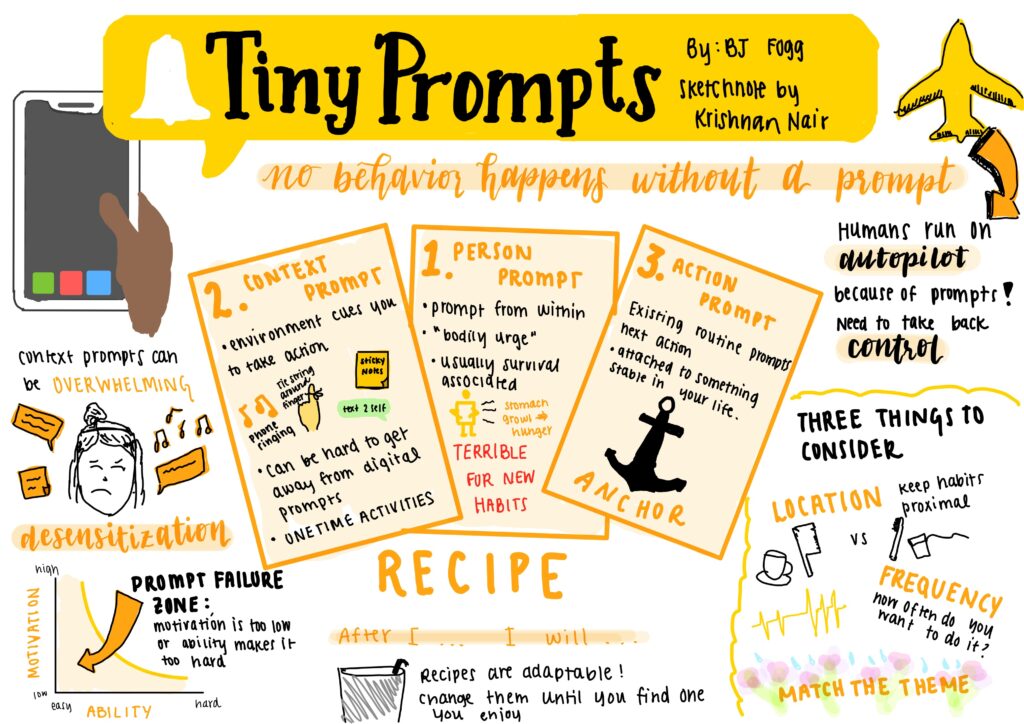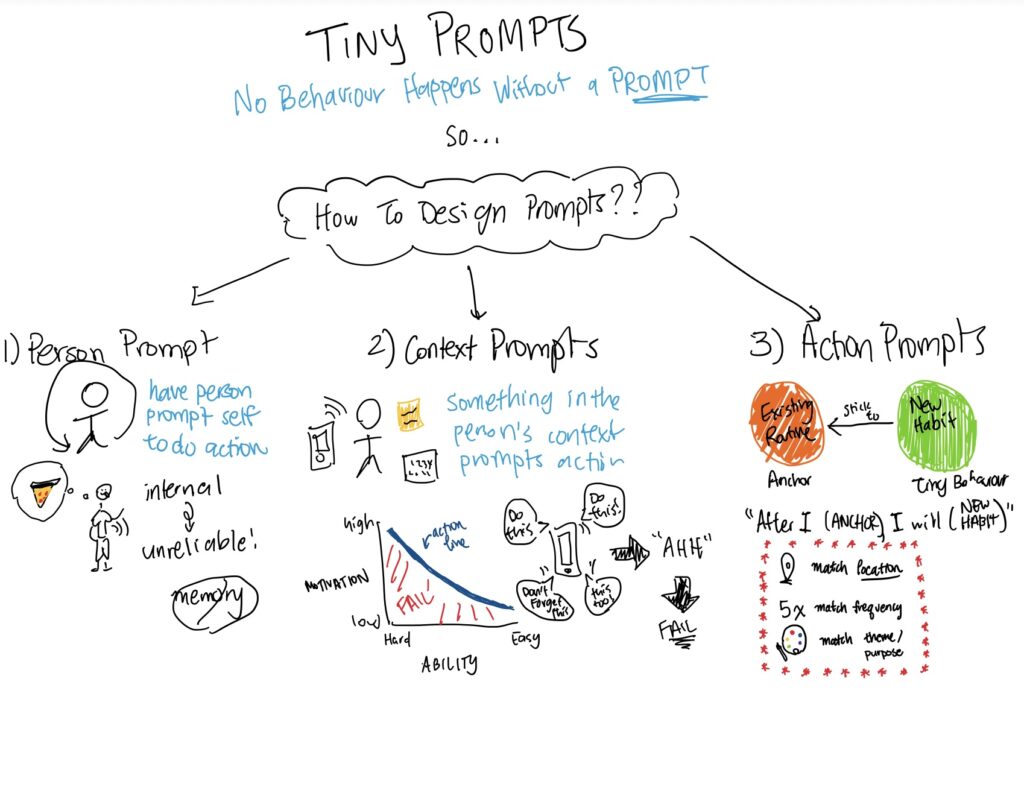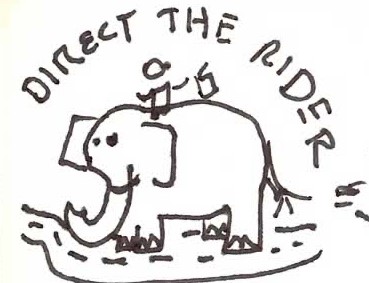Reflection: The Ambiguity of Product Management
What struck me most about Product Management in Practice is how clearly it separates the mythology of product management from the messy reality of it. The role isn’t glamorous or visionary in the way tech culture often portrays it — it’s connective, facilitative, and deeply human. Product management seems to live in the gray area between vision and execution, between leadership and humility. You definitely do not get to be the “mini-CEO”; instead, you operate with immense responsibility and almost no authority. Success depends less on how brilliant your ideas are and more on how well you can communicate, align, and motivate others to deliver them.
The section on bad product managers especially resonated with me: the “Jargon Jockey,” “Hero,” “Overachiever,” and “Product Martyr.” Each represents a very human reaction to insecurity: trying to prove value in a role that’s inherently hard to measure. I can see how easy it would be, especially early on, to slip into one of these archetypes, overcompensating for the ambiguity by either over-talking, over-doing, or over-owning. It’s a reminder that product management isn’t about being the smartest or the most hardworking person in the room — it’s about being the most grounded. The best PMs, as LeMay writes, create value through others. Their work is invisible but indispensable.
What I find most intriguing (and intimidating) is the paradox this creates. How do you build confidence in a role defined by uncertainty? How do you measure progress when your work is primarily influence, not output? I would love to ask LeMay how he personally navigated moments when he felt invisible or doubted his impact. Did he find concrete ways to remind himself of his value, or was it purely a mindset shift over time?
Another question I’d ask is about balance — not just work-life balance, but emotional balance. PMs must constantly toggle between strategic abstraction and tactical firefighting, empathy and assertiveness, patience and urgency. How do you keep that balance sustainable when your success depends so much on the moods, motivations, and misunderstandings of others?
Ultimately, what I took from this reading is that product management is less about control and more about connection. It’s a discipline that rewards emotional intelligence as much as analytical rigor. The best PMs, it seems, are translators and trust builders, the people who can turn ambiguity into shared direction without losing their own sense of clarity or purpose.
If anything, this book made me want to lean into that ambiguity, and to see product management not as the art of having answers, but the practice of asking better questions.



